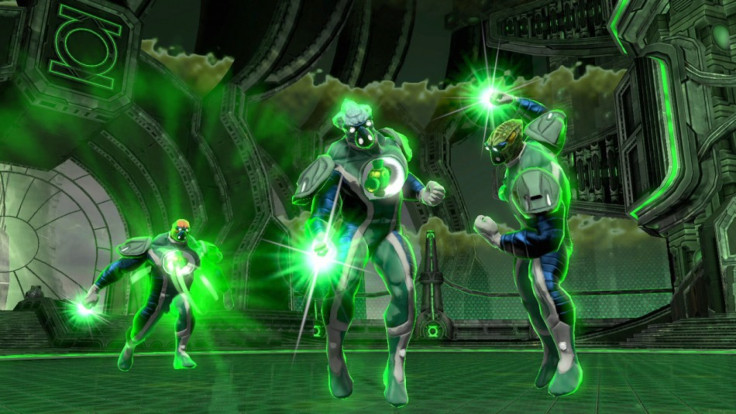Gamers Spending More Time and Money on Free-to-Play MMOs

Free-to-Play massively multiplayer online games are getting more popular, and profitable, according to a new study from analytical firm NewZoo.
In 2011, U.S. gamers have spent an estimated $1.2 billion on F2P games, which have taken up 47 percent of all MMO expenditures. The number has grown 24 percent in the last year, now seriously contending with pay-to-play MMOs like World of Warcraft for gamers' attention. The report says gamers spend about 26 million hours every day playing MMOs in the U.S.
In markets outside of the U.S., dominance of F2P games is even greater: 53 percent in Europe generating $1.1 billion, Asia spends $2.2 billion taking up 51 percent of the market and emerging markets (Brazil, Mexico and Russia) spend $0.4 billion making up 59 percent of their market. That is a combine total of $4.9 billion dollars spent on F2P games worldwide.
The MMO games market is rapidly turning global. It has become increasingly important for MMO developers and publishers to think carefully about which titles to publish in what territories and how to adapt the games according to local preferences, including monetization models that work best, Peter Warman, NewZoo CEO, told Gamasutra.
The study also said League of Legends was the most popular free MMO in the U.S., World of Tanks in Europe and Shaiya in Latin America. The most popular MMO games seem to offer both browser and client-based game experiences. Clients, meaning users must download specific software to play the game, while others can be run from a Web browser.
Though these games say they are free-to-play, there are a number of ways these companies make money off gamers. Some give players a few free characters and then charge for addition slots. Some games limit players' economic options and charge for more freedom, or allow players to pay for additional classes and powers. Others sell equipment and weapons to gamers.
There are a number of ways games come to the F2P genre. Some start out as F2P games, but many begin as paid games and change to F2P status when they have difficulty getting a large enough player base. DC Universe Online is one such game that started as a paid game and recently migrated to the F2P genre. But that doesn't always guarantee success as we saw with the closure of the Lego Universe servers recently. As the report underlines in one of its sections:
Do Free-to-play games attract players automatically? In this crowded market certainly not. Moreover, a big marketing boost at launch is not enough. Even F2P games require continuous marketing. Just as important: flexibility in business model, in time and per region.
© Copyright IBTimes 2024. All rights reserved.




















